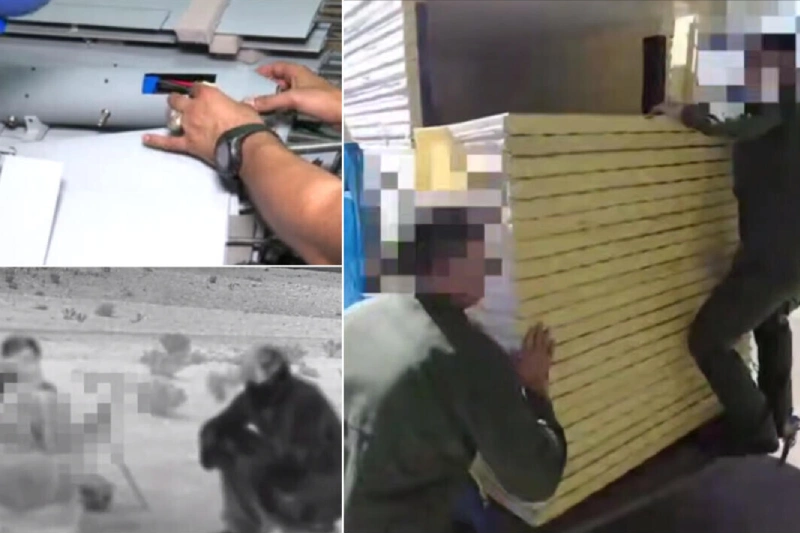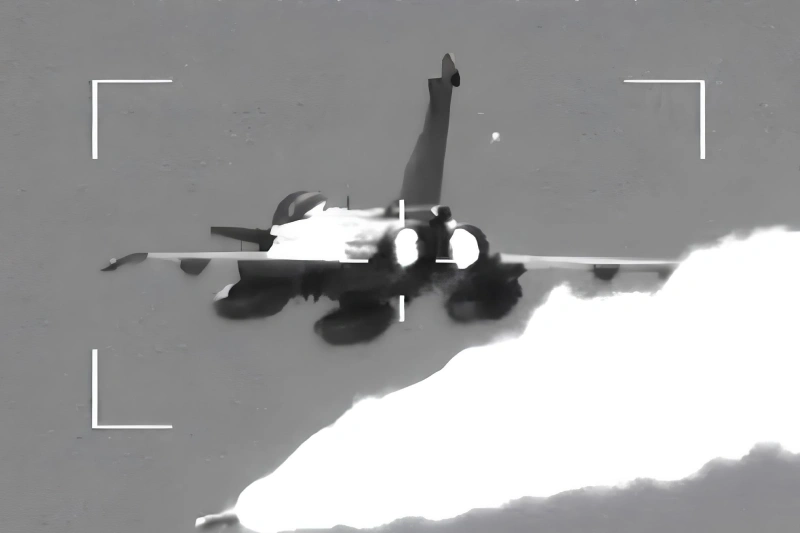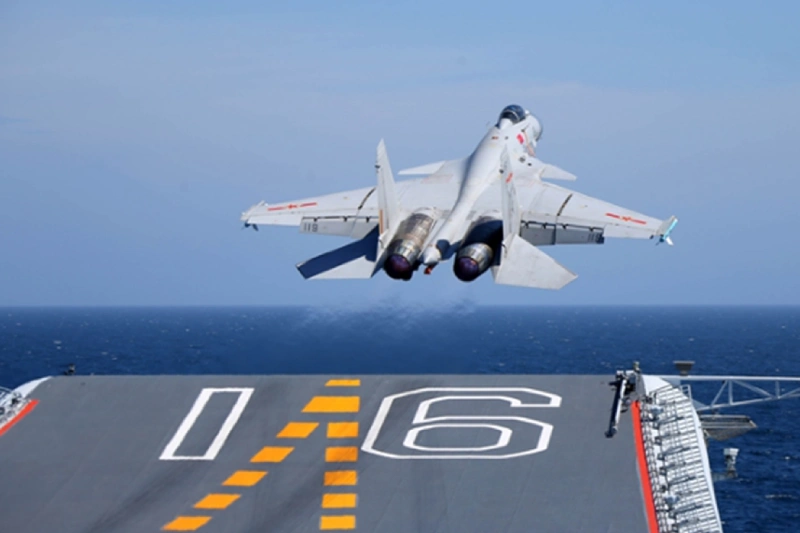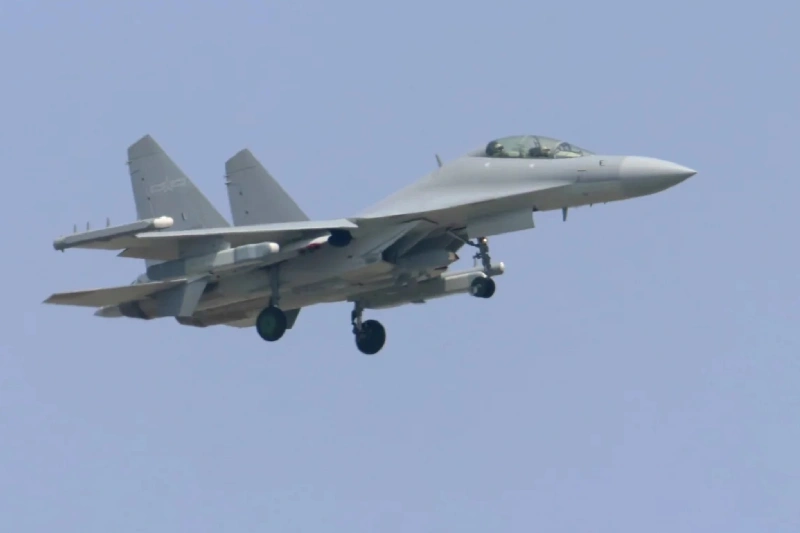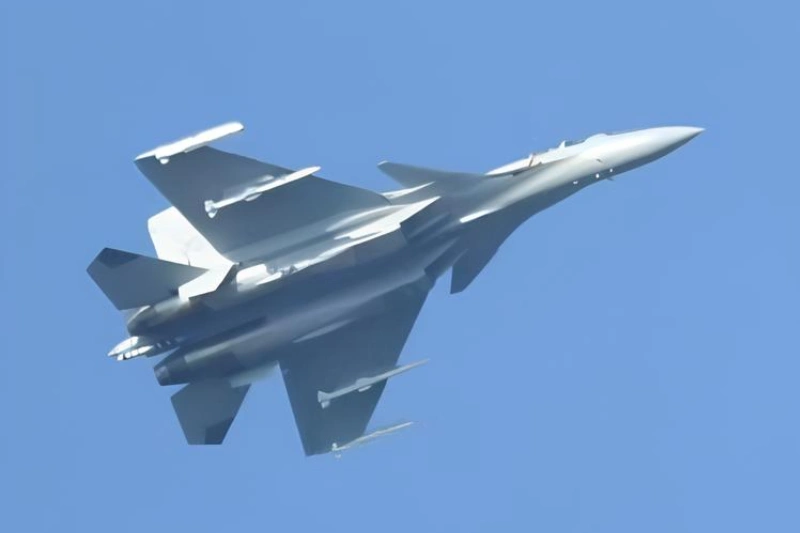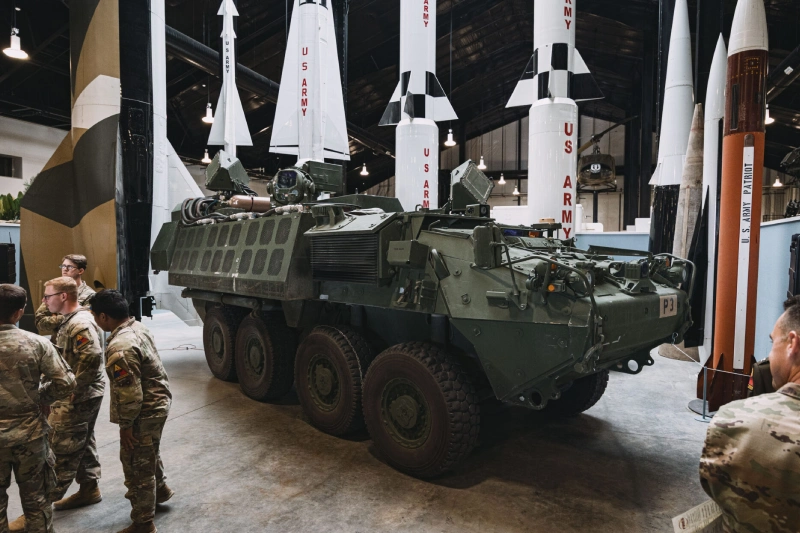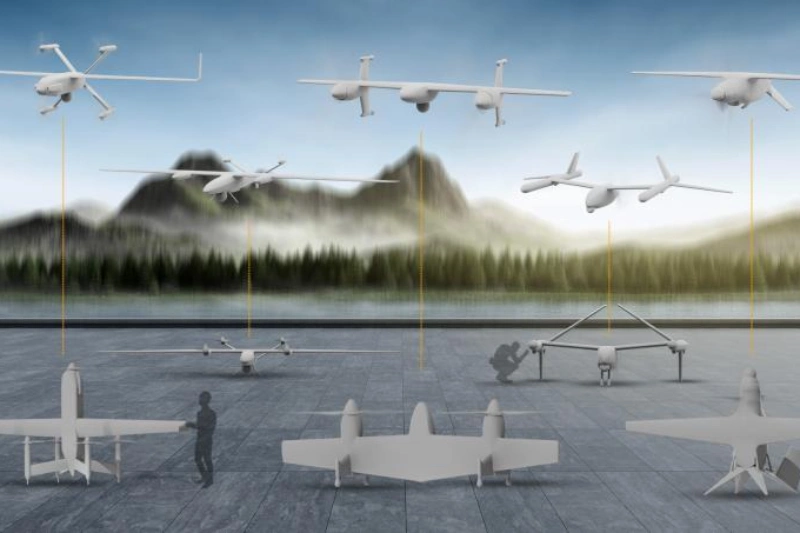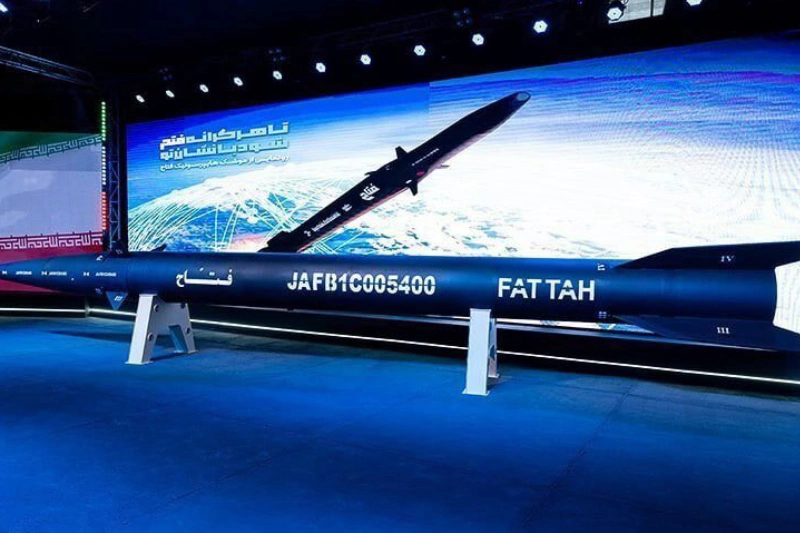Canada’s Delayed Acquisition of Reaper Drones
Canada’s military had set its sights on procuring medium altitude armed drones, a critical step towards bolstering its defense capabilities. However, the envisioned timeline for the deployment of these drones has been significantly pushed back.
Originally slated for operational readiness by 2025, the Remotely Piloted Aircraft System (RPAS) project is now experiencing delays, with the anticipated delivery of the first aircraft being pushed to 2028.
Adapting to Arctic Challenges
The primary cause behind this delay is the pressing need to ensure that these drones are fully equipped and capable of effectively operating within the Arctic expanse. Addressing the unique demands of the Arctic region necessitates substantial developmental work, distinct from the requirements of allied nations.
Andrée-Anne Poulin, spokesperson for the Department of National Defence, highlighted the necessity for significant modifications to meet the Royal Canadian Air Force’s (RCAF) specifications.
Also read this: Norway-Germany Alliance for Next-Gen Supersonic Missile
Challenges and Necessary Modifications
The focal point of this delay revolves around the integration of various systems into the chosen MQ-9B Reaper drones. Poulin emphasized that specific adjustments are imperative, such as the incorporation of satellite connectivity, specialized communication components, and antennas tailored for high northern latitudes.
Additionally, rigorous testing and qualification measures are deemed necessary to ensure seamless drone operation and maintenance in the extreme climatic conditions prevalent in Canada, particularly the Arctic.
Moreover, Poulin shed light on the developmental efforts geared towards integrating the Canadian-made WESCAM MX-20 EO/IR sensor onto the MQ-9B platform. These modifications extend to the development of a bespoke training solution aligned with RCAF requirements and securing airworthiness certification that aligns with the RCAF’s operational strategy.
Vendor Responses and Future Prospects
While the Department of National Defence delves into these necessary adaptations, General Atomics Aeronautical Systems, the vendor responsible for the MQ-9B Reapers, chose not to comment on the ongoing developments.
The US State Department’s approval for the potential sale of 219 Hellfire missiles and various weaponry and radars intended for use by the MQ-9B highlights a continued commitment to supporting Canada’s defense endeavors.
Andrew McKelvey, spokesperson for the Department of National Defence, affirmed that this proposal aligns with the existing timelines for the RPAS project, ensuring the timely provision of essential equipment and weapons crucial for the integration, testing, and production phases led by General Atomics.
Looking Ahead
Canada’s endeavor to fortify its defense capabilities with the acquisition of MQ-9B Reaper drones remains resolute.
However, with an increased focus on adapting these systems for Arctic operations, the nation is navigating a path that prioritizes meticulous development to ensure optimal functionality within the unique and challenging Arctic environment.
Keep connected with us at Facebook, Twitter, YouTube, Instagram & TikTok for the latest defence happenings around the globe.
Discover more from International Defence Analysis
Subscribe to get the latest posts sent to your email.



